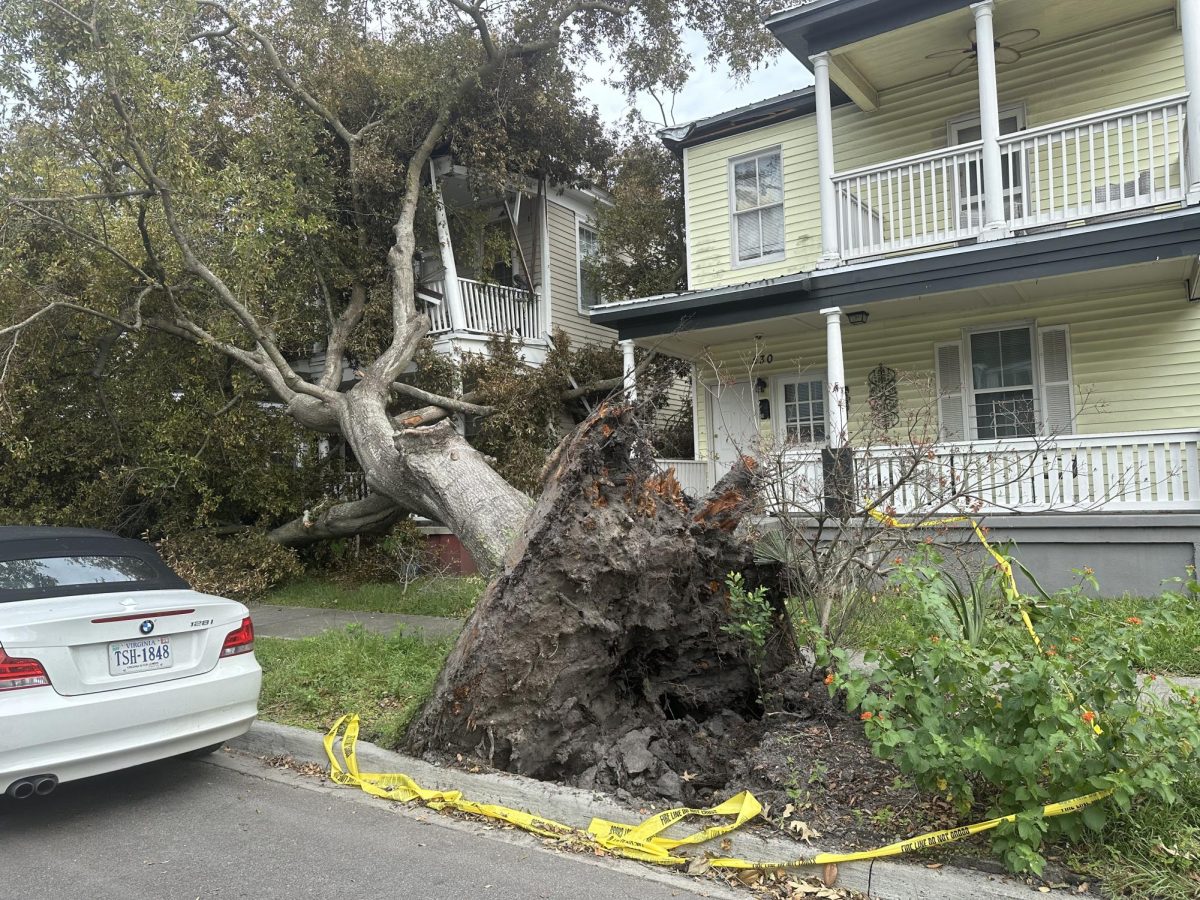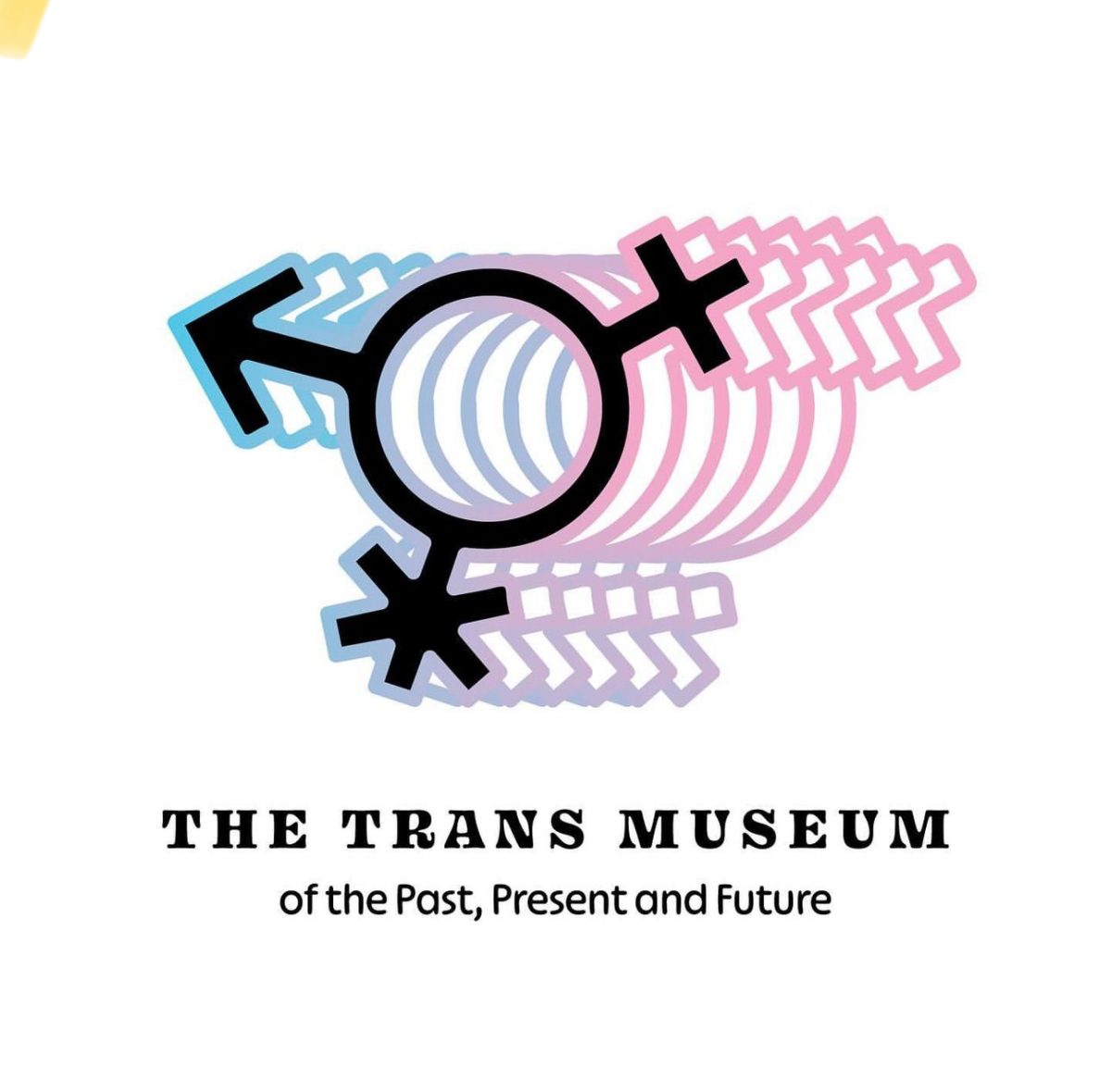Lucy Stone, News Editor
March 25 marks the fourth annual worldwide “EndoMarch” for Endometriosis World Awareness Day. Leaders in the Endometriosis Foundation of America previously marched in the Women’s March on Jan. 21 in recognition of endometriosis.
Endometriosis is a disease where endometrium tissue that lines the uterus begins to grow on other areas of the body. The female reproductive system, including fallopian tubes and ovaries, can be affected, as well as spaces between the bladder, uterus or rectum.
According to The Endometriosis Foundation of America’s website, Endofound.org, endometriosis affects 1 out of 10 women in the United States and 176 million women worldwide. An elusive disease, endometriosis can be difficult to recognize or diagnose. Many of the symptoms, including painful or heavy menstruation, nausea, and vomiting, may appear to be “normal” period symptoms.
However, if the pain is excruciating—especially during menstruation—and is not alleviated with over the counter medicine, getting checked for the disorder is important. Yearly checkups with a gynecologist can help women keep track of any changes in pain they experience during, before or after their menstrual cycles.
Other symptoms can include longer periods lasting over 7 days, pain during or after sex or infertility.
Recent Armstrong Liberal Studies graduate Destiny Marira was diagnosed with endometriosis as a junior student.
“I had symptoms of Endometriosis starting in middle school, but didn’t get diagnosed or treated until my junior year at Armstrong. No one should have to wait that long to be treated, but it’s usually the case for many women. I think it’s important for everyone, especially women in college, to be informed,” Marira said.
While there is no cure for endometriosis, there are several treatments available including surgery that removes lesions from the surface. The most effective is laparoscopic excision surgery which removes the lesion as well as the endometrium tissue growing underneath the surface.
“It can negatively impact work, school, relationships, fertility and other areas of a woman’s life,” Marira warned.






